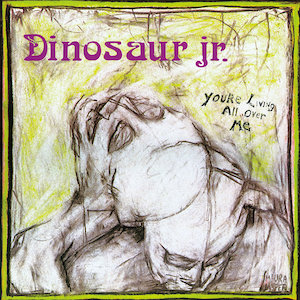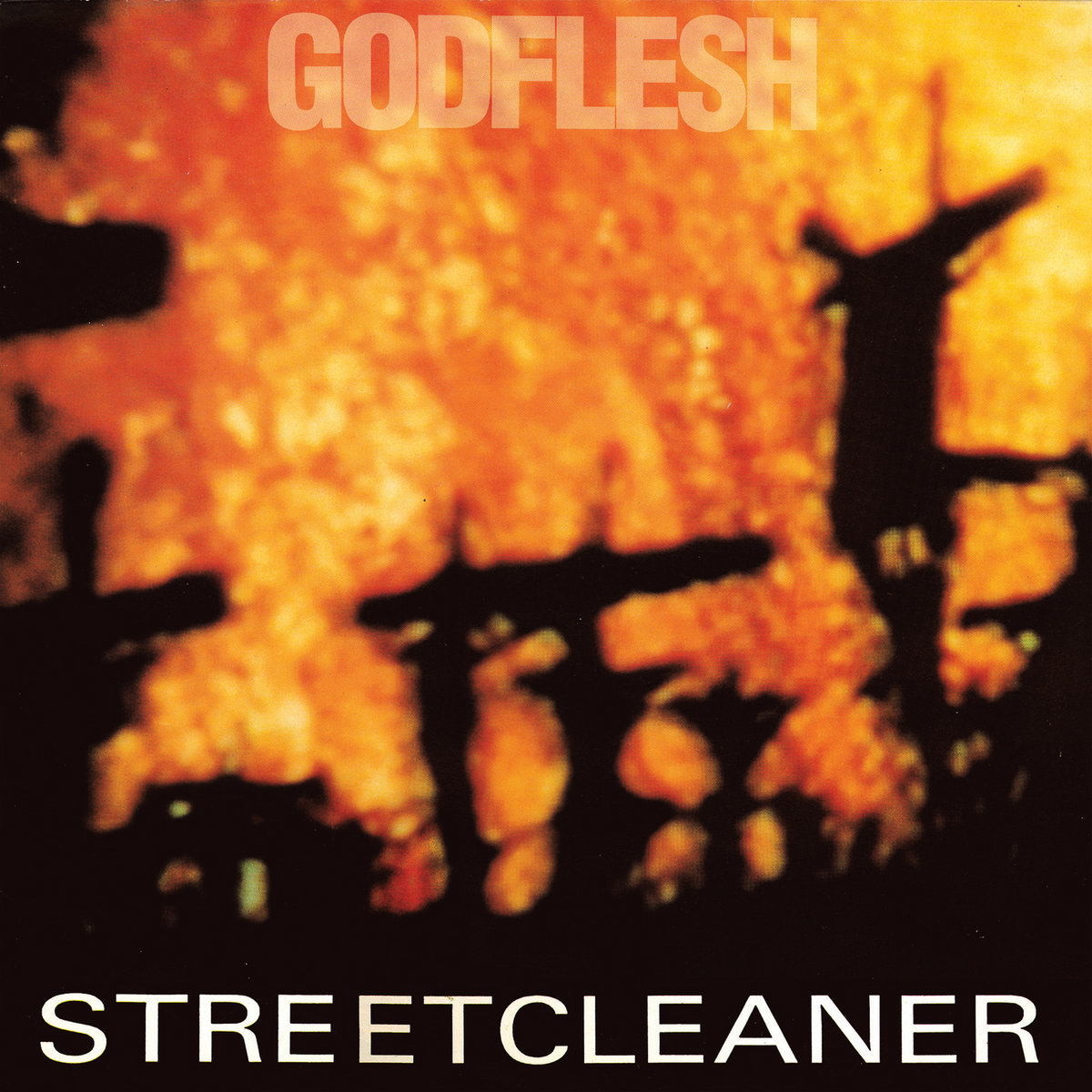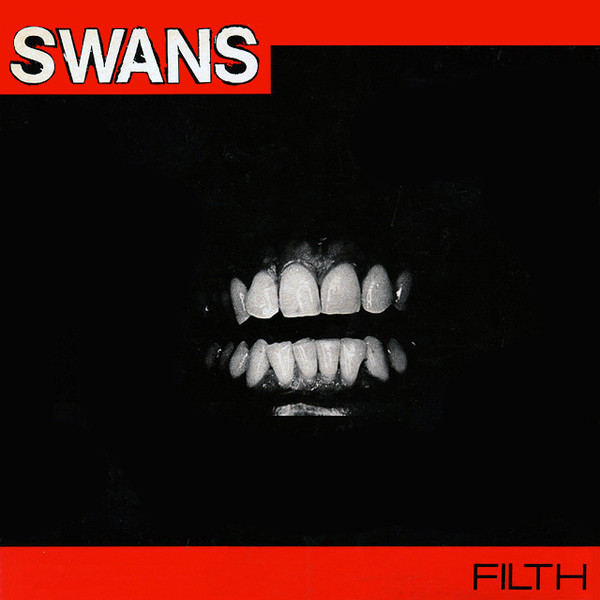
Alternative Rock
1987
It surprises some in the alternative community to know that Dinosaur Jr’s original lineup lasted long enough for the group to release its critically acclaimed but commercially overlooked sophomore effort, 1987’s You’re Living all Over Me. That’s because the group acted more like squabbling teenagers rather than the sonic revolutionaries who shaped the sound of an entire musical era, let alone future supergroups like Soundgarden and Nirvana. Frontman J. Mascis saw fit to rip on bassist Lou Barlow’s rural upbringing every chance he got, while Barlow himself craved attention, or at least positive recognition from his absent-minded tormentor. Drummer and perpetual stoner Murph stayed out of the fray, but was ultimately given the uncomfortable job of firing Barlow after 1988’s Bug , as he (Barlow) and Mascis were not on speaking terms at the time.
That said, little of that ugliness seems to have shifted over to this record, which turned out to be not only one of the finest statements in post-hardcore indie, but also one of the most accessible. While their (more successful) peers Sonic Youth and the Pixies were stunning critics with the wildly experimental Daydream Nation and abrasive Surfer Rosa respectively, Dinosaur Jr. had begun to branch out from its hardcore roots to indulge in a almost poppy blend of pounding drums, folksy vocals and violently noisy guitar freak-outs.
The opening feedback screeching of ‘Little Fury Things’ provide a decent sketch of what the rest of the album is like: sunny melodies buried beyond J Mascis’ cacophonous guitar squalls, and baffling, non-sensical lyrics sung in his fittingly amateurish, but thoroughly enjoyable whine. ‘Kracked’ hints at how far ahead of the curve the group was, as its distinctive sound would be aped constantly with the grunge explosion (and subsequent saturation) of the early 1990s. It’s no surprise then that its furious drumming, fierce guitars and shrill vocals sounds as fresh and contemporary today as when it was first released.
Their trademark noise-rock antics are mixed with the best bits of 1980s heavy metal to produce ‘Sludgefeast’, another outstanding cut from the record. Its remarkably forward-looking guitar work outlines the well-placed quiet-loud dynamics of the song. The otherwise trite lyrics of getting the nerve to talk to ‘the girl’ are given a warm, vulnerable feel by Mascis’ vocals. Its grunge sound is cemented by a brief passage of squalling feedback before Mascis bursts into a furious guitar solo, the art of which was sadly ignored by alternative music in the years to come. ‘Raisans’ follows in a similar vein, with the theme of dead-end crushes given a particularly visceral polish by the manic guitars and a particularly creepy passage where a muffled, distorted voice intones ‘You’re killing me’ before the chorus kicks in, with Mascis mumbling ‘I’ll just stay/ And hope you’ll care/ There’s just everything standing in front of me’ before delving into yet another breakneck solo.
Creepy screams are reprised, though briefly, on the volatile ‘In a Jar’, which maintains an upbeat, poppy sound (augmented with their dense guitar sound, of course). It contrasts well with the darker, more mature lyrical themes Mascis explores here. ‘The Lung’ kicks off with choppy, distorted guitars, and along with ‘Lose’, is another pitch-perfect sing-along Dinosaur Jr cut, bursting at the seams with solos and rapid-fire riffs. ‘Poledo’, however, is a complete departure from their usual animated, noisy and ever-concise style. It’s arty, proto-prog arrangements stretch it to nearly six minutes and features three distinct acoustic segments, each separated by a wall of searing white noise. Mascis’ voice sounds strangely muffled in the segments, as the intentionally simplistic guitar provides the backdrop to what seems like a thousand radios being tuned simultaneously, each chanting ‘Jesus’ quite casually, which adds to the overall uncomfortable sonic palette of the track.
'Tarpit' is a mid-tempo effort that succeeds blending a steady guitar rhythm with J Mascis’ increasingly prominent folk-influenced singing. The chorus (of sorts) of ‘Stay inside/Pull me out of Space’ is matched by an equally zoned-out vocal delivery, while the instrumentation is flooded with thick feedback. The cover of Peter Frampton’s ‘Show me the way’ provides the clearest indication of how far Mascis’ artistic influences had come since the days of Deep Wound, the hardcore group he was a member of before forming Dinosaur Jr. His vocals are particularly lacking here though; his vocal cords sound like they’re one whiny note away from disintegrating completely. That said, it’s a somewhat amusing closer to what’s been an utterly remarkable album.
It baffles me that this album made little more than a dot on the alternative landscape upon its release. Admittedly, that dot did grow over time, but even so, it had everything to succeed (by indie standards anyway) back in 1987: the experiments in noise of Sonic Youth applied to a traditional verse-chorus-verse blueprint, hard rock, guitar-solo-heavy aesthetics to match the best of what the decade had to offer, as well as the sonic prowess and mainstream appeal of heavy metal. The 1991 record Green Mind fared better, but was still dwarfed by the success of Nevermind, which owes a heavy debt to the mix of styles pioneered here.

